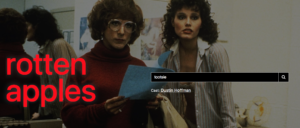Nell Minow’s Best (And Worst) Movies of 2017
Posted on December 20, 2017 at 2:11 pm
Here’s the best and worst of what I saw at the movies this year:
The best, in alphabetical order:

Baby Driver — This high-octane fairy tale was brilliantly conceived and edited, with everything we heard on that magnificently-curated soundtrack what the title character was listening to.
The Big Sick — Kumail Nanjiani and Emily Y. Gordon turned their real-life love story into the year’s most endearing romantic comedy.
Call Me By Your Name — The lush Northern Italian setting matches the rapture and longing of first love in this tender film from director Luca Guadagnino.
Darkest Hour — Gary Oldman, Kristin Scott Thomas, and Ben Mendelsohn are magnificent in this story of Winston Churchill, from the day he became Prime Minister to the evacuation of Dunkirk.
Faces Places — Filmmaker Agnes Varda and artist JR take a road trip in this marvelous documentary about the power of art and friendship.
The Florida Project — Director Sean Baker has made the best movie to show us the adult world from a child’s point of view since “To Kill a Mockingbird.” For Moonee (the extraordinary Brooklynn Prince), the dingy motels and grubby fast food stands are no less magical and no less real than the neighboring delights of Disney World.
Get Out — Writer/director Jordan Peele made a genre horror film into the most potent statement on screen this year about race, cannily playing the conventions of the genre and the discomfort and hostility about race off of each other.

Lady Bird — Greta Gerwig wrote and directed this irresistible story of a girl’s last year of high school, a deceptively episodic tale that captures with breathtaking precision that liminal moment when teenagers manage to mash-up grandiosity that stretches to infinity and soul-crushing insecurity.
The Post — This is a moving story of a shy socialite finding her voice (Meryl Streep as Katharine Graham in one of her all-time best performances) as her small, local paper, The Washington Post, discovers its voice, too, the compelling, inspiring story of journalists who will risk everything to make sure Americans learn the truth about their government.
The Shape of Water — A rhapsodic fairy tale love story with elements of a Cold War spy saga and a black and white musical number, filled with gorgeous images and a dazzling performance by Sally Hawkins as a mute cleaning lady in a secret government lab.
Special mention: Wonder, Wonderstruck, Blade Runner 2049, Three Billboards Outside Ebbing Missouri, The Disaster Artist, Novitiate, Band Aid, Valerian and the City of a Thousand Planets, Step, Abacus, 11/8/16, Coco, The Wedding Plan, Mudbound, Patti Cake$, The Trip to Spain, Dave Made a Maze, Columbus, Thor: Ragnarok, Landline, Dunkirk, Maudie, Star Wars: The Last Jedi, Beauty and the Beast
And the worst:
Bad Moms Christmas
Book of Henry
The Circle
The Dark Tower
Fist Fight
Ghost in the Shell
The Great Wall
How to Be a Latin Lover
Kidnap
Killing of a Sacred Deer
mother!
The Mummy
Phantom Thread
Suburbicon

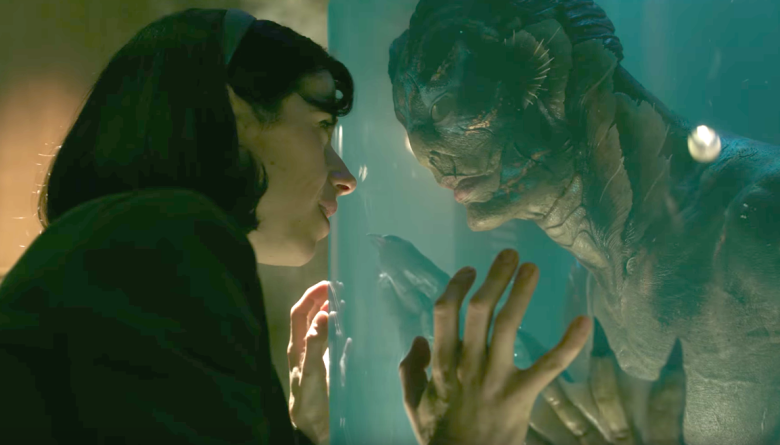
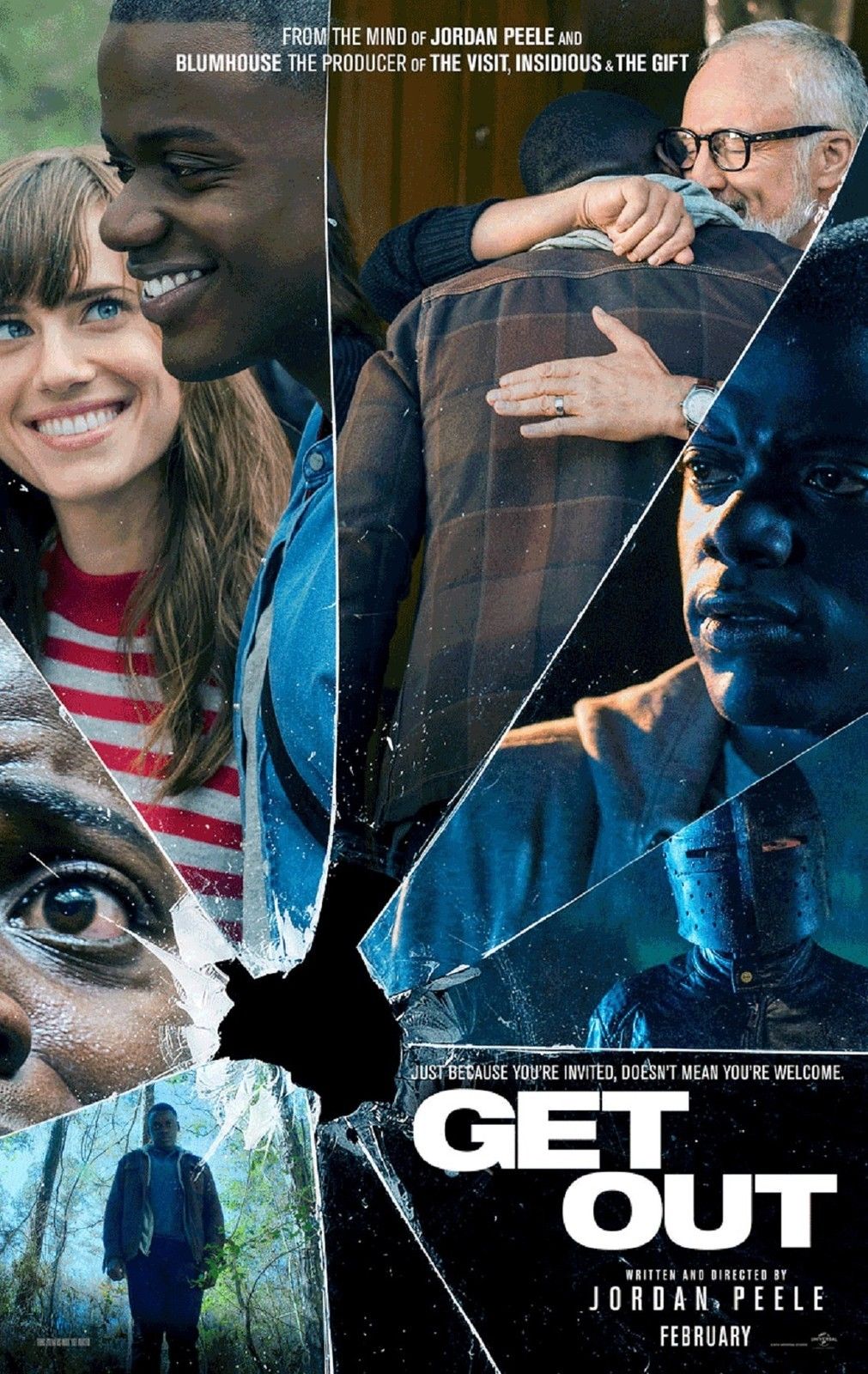
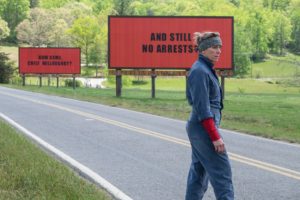
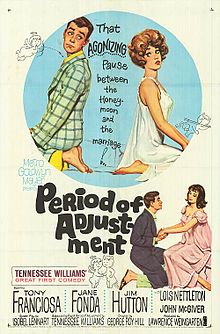
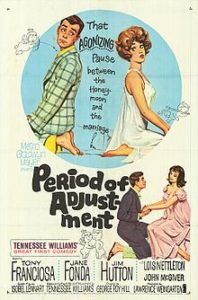 My wonderful friends at the
My wonderful friends at the 